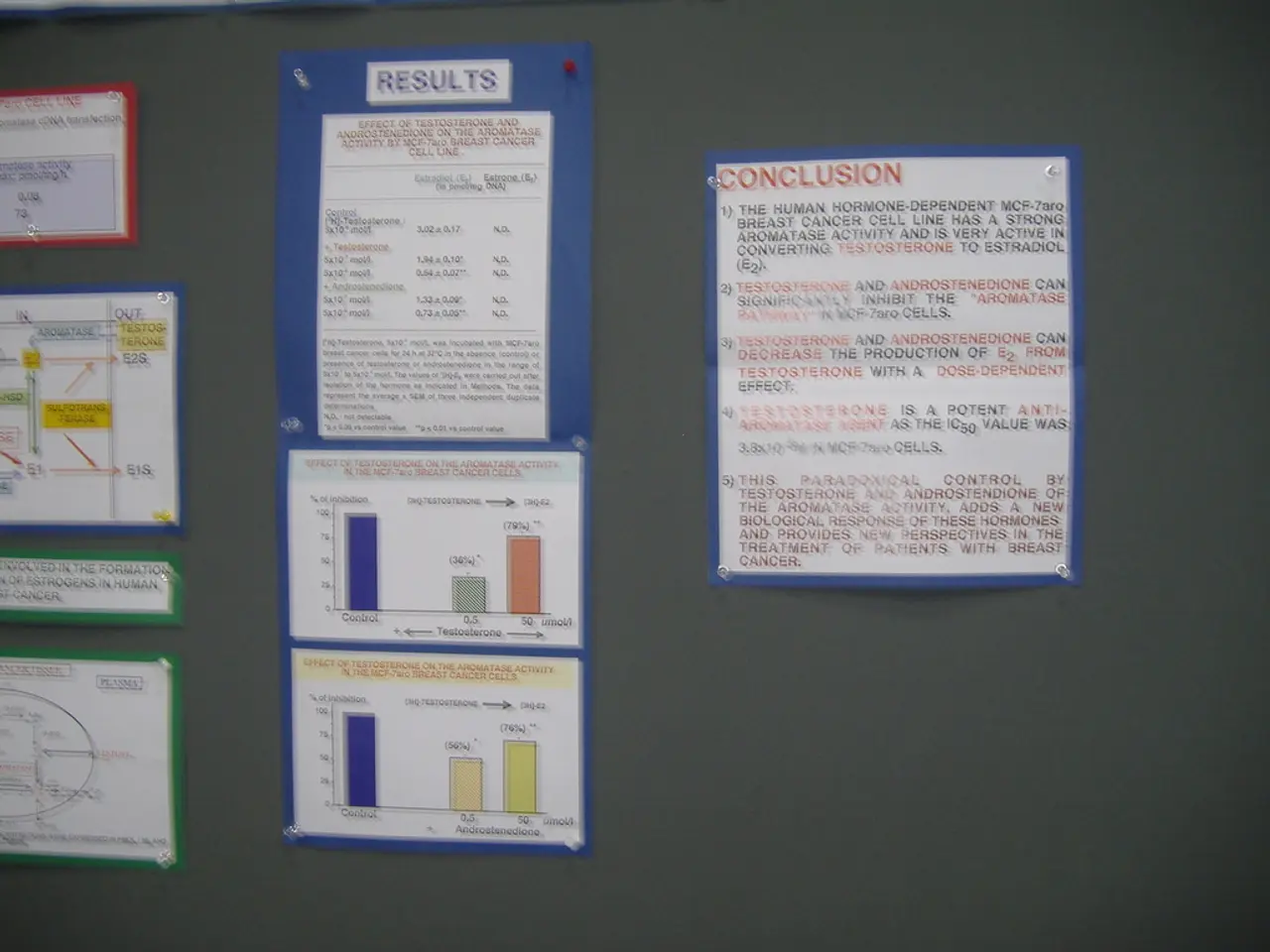Early withdrawal from 401(k) plans generally offers little benefit, rarely making it a viable option.
A 401(k) withdrawal before the age of 59 1/2 is considered early and typically comes with a 10% early withdrawal penalty. However, there are exceptions to this rule.
One such exception is taking substantially equal periodic payments (SEPPs). By opting for SEPPs, you can avoid the early withdrawal penalty, but you'll still owe income taxes on your distribution.
Another exception is quitting your job in the year you turn 55, or 50 if you're a public safety worker. This allows withdrawals from your most recent employer's plan without incurring the early withdrawal penalty.
In certain cases, developing a terminal illness can also be an exception. It's important to note that each exception has specific criteria that must be met.
Being a qualified military reservist called to active duty is another exception, with certain distributions being penalty-free.
Other exceptions include giving birth or adopting a child (up to $5,000 per child), becoming permanently and totally disabled, sustaining an economic loss as a result of a federally declared disaster (up to $22,000), and withdrawing funds for emergency personal expenses (up to the lesser of $1,000 or the vested account balance over $1,000 -- limit once per calendar year).
If you are a victim of domestic abuse, you can withdraw up to the lesser of $10,000, or 50% of the vested account balance without paying the early withdrawal penalty.
Paying for unreimbursed medical expenses in excess of 7.5% of your adjusted gross income (AGI) can also be an exception.
A 401(k) loan is another option that allows borrowing against the 401(k) balance, potentially avoiding the 10% early withdrawal penalty with repayment.
It's essential to understand that early 401(k) withdrawals result in a loss of savings' growth over time. To mitigate this, it's crucial to consider other options such as saving up over time or taking on a personal loan.
Consulting with an accountant may be necessary to understand the tax implications of early 401(k) withdrawals. In some cases, an early 401(k) withdrawal may still be the best move, but it's important to weigh the potential tax implications carefully.
In conclusion, while early 401(k) withdrawals typically come with penalties, there are exceptions to this rule. It's crucial to understand these exceptions and their criteria, as well as the potential tax implications, before making a decision.
Read also:
- The Cost of Speech is Zero, True Strength Lies in Unity
- Beginning a Food Truck Venture: Crucial Stages to Achieve Profitability
- Aiming to simplify the move towards cleaner automobiles, the newly established ministry plans to take direct action with Pannier-Runacher, Létard, and Vautrin at the helm.
- "The imperfect yet essential documentary, "Planet of the Humans," raises challenging and uncomfortable inquiries"




